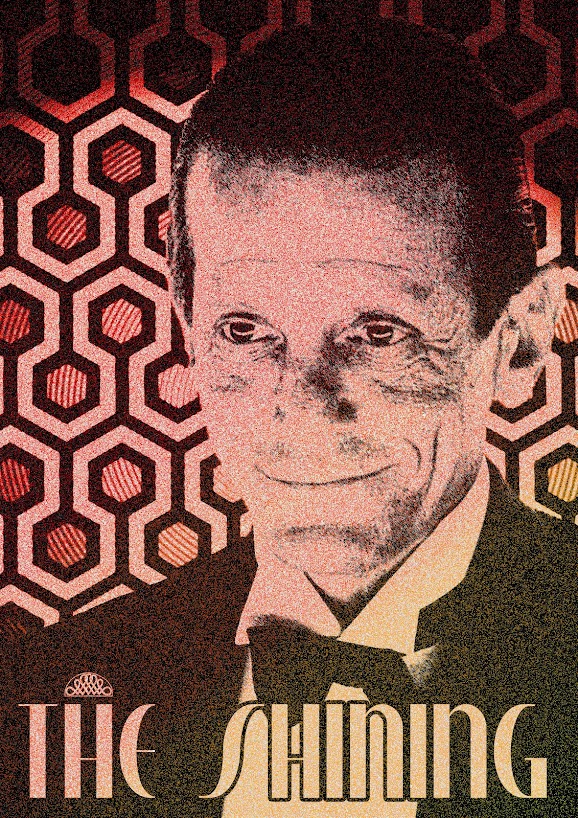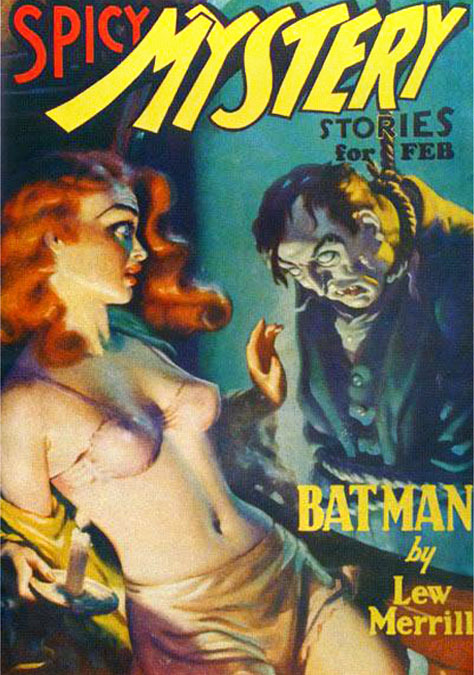The Caretaker & Dirty Beaches: Kubrickian and Lynchian soundscapes
Though certain film genres such as Westerns, Science Fiction or Horror may be associated with specific types of musical score not many specific directors may inspire musical artists to produce bodies of work that are in essence a tribute to their work.
David Lynch is however one that has inspired numerous performers and bands and is a topic I will surely return to time and again. In this post though I will concentrate on one whose work embodies Lynch in a specific way and firstly also another musical artist who has produced a project galvanised by another visionary director or more specifically by one of his cinematic masterpieces. The director is Stanley Kubrick, the film is The Shining (1980) and the musical artist is The Caretaker.
Stanley Kubrick's The Shining is inspired by Stephen King's 1977 haunted hotel novel of the same name but makes certain changes, that King heartily disapproves of, but that marks the director's distinct identity on the film. In Kubrick's Shining there is an unsettling jarring of time where past meets present and mingle. This is solidified in the scene where the character Jack Torrance - the current caretaker of the Overlook Hotel during its closed winter season, is informed by a prior caretaker and murderer of his own family, Grady that Jack has "always been the Caretaker. It is this segment of the film that gave the British musical artist James Leyland Kirby his project name and path.
To the dulcet tones of Al Bowelly's 1930s dance hall ballads, Jack revisits in his mind a time of violence, violence inflicted upon his own son and through the encouragement of the dead butler /caretaker in a scene where he wipes spilled Advocat from Jack's clothing in the Gold Room's bathroom is set again on a course of violence. Both the sounds of Bowelly and bygone dance-halls and the fragile uncertainty / threatening trauma of time feed Kirby's vision.
As The Caretaker he first released Selected Memories from the Haunted Ballroom in 1999, followed by A Stairway to the Stars in 2001 and We'll All Go Riding on a Rainbow in 2003. These 3 albums , collectively known as The Haunted Ballroom Trilogy introduced his method of sampling and manipulating 1930s ballroom music. The effect is strange, disconcerting. There is evocation of nostalgia and the melancholia that that can raise but the repetition and distortion also evokes a sense of the uncanny. The late theorist and author Mark Fisher explores the strange resonance of The Caretaker and The Shining in both his Ghosts of My Life and The Weird and the Eerie books (both recommended for people who may like the topics covered in this blog). Kirby also named as inspirations the televisual work of Dennis Potter and Herk Harvey's 1962 movie Carnival of Souls (both of whom I'll likely return to on this blog at some time).
Kirby followed with the Amnesia period comprising of the releases Theoretically Pure Anterograde Amnesia (2005) and Persistent Repetition of Phrases (2008) which have been seen as exploring a further descent into decay - the ravages of time taking its toll on opulent dance-halls and memories of carefree youth. A sweet nostalgia tinged with the possibility of menace.
It was perhaps inevitable that on this course that Kirby would also consider the decay of memory, the melancholic and traumatic blend of nostalgia, confusion and jarring present. This is manifest in the cruel and tragic diseases of the mind such as Alzheimer's disease and other neurocognitive disorders. As The Caretaker, Kirby explored the gradual onset of dementia in his Everywhere at the end of time sequence.
Consisting of 6 stages heralded by An Empty Bliss Beyond this World (2011) the project chronicles the phases of the mind as it meanders mazes of time and memory and cognition before it is lost in the shadows of the ailment. This is explained in detail at the Caretaker's website
Following the culmination of this sequence The Caretaker retired in 2019 ... James Leyland Kirby and another persona The Stranger continued to make soundscapes ... but he is the Caretaker, He's always been The Caretaker ...
As a segue into Lynchian sound, here is a video by The Caretaker starring Robert Broski - Abraham Lincoln impersonator and one of the Woodsmen from the third season of David Lynch and Mark Frost's Twin Peaks ...
A host of solo performers and bands have been influenced by the work of artist and director David Lynch, and like his own work feature a variety of styles and moods. For this article in keeping with the Caretaker I have selected an artist who has revisited the past and brought it back to create something nostalgic yet new. Also like the Caretaker the results are rather haunting. The artist in question is Taiwanese-Canadian Alex Zhang Huntai aka Last Lizard aka Dirty Beaches.
Like Kirby, Zhang continues to compose and experiment but also hung up the alias under which he also created a strange mnemonic cinematic exploration of decaying celluloid and decaying memories. Dirty Beaches ceased to ebb and flow in 2014 but Zhang's work continues.
Zhang's music has been Lynchian in a more direct way. In the 3rd season of Twin Peaks, episodes featured bands playing live at the town's roadhouse. One of these bands named Trouble and playing their track Snake Eyes, comprised of Sam Smith, Riley Lynch (David's son), regular Lynch collaborator sound-sculptor Dean Hurley* and on saxaphone Alex Zhang Huntai
*To bring us full circle the following video also from the 3rd season of Twin Peaks features Dean Hurley's Slow 30's Room track which is very evocative of The Caretaker
Further reading -
Mark Fisher - Ghosts of my Life: Writings on Depression, Hauntology and Lost Futures (2013)
Mark Fisher - The Weird and The Eerie (2016)
Laura Mee - Devil's Advocates: The Shining (2017)
Lindsay Hallam - Devil's Advocates: Twin Peaks Fire Walk With Me (2018)
Michael Atkinson - BFI Classics: Blue Velvet (1997)








Comments
Post a Comment